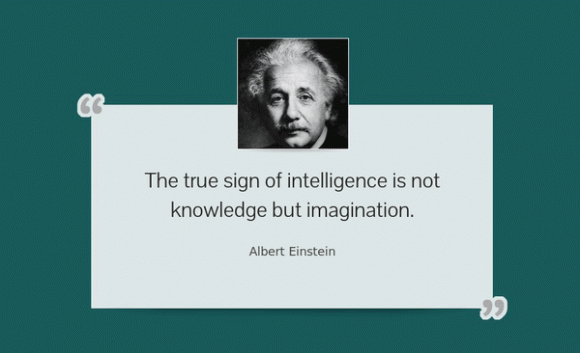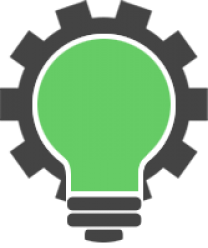
I’m just going to straight out say it. Our test of intelligence is wrong! Not only is it wrong, but it is crippling people’s confidence for no good reason. As a society we love our heros. I love Spiderman, that guy is amazing, he’s quick witted, out-smarts his enemy and has the agility of a spider. That’s pretty cool. But spiderman is not real. We often create great stories of our real heroes too. Einstein, great guy, huge imagination and remarkably intuitive. He proposed theories 55+ years ago that modern physicists rely heavily on to explain the phenomenons they are discovering today. We are told that Einsteins IQ was around 160-180. But guess what folks. He never ever took an IQ test. So that number is as much a figment of our imagination as Spiderman’s ability to climb walls.
Like our notions of beauty, the idea of IQ has been largely brought to popular culture through Hollywood. Wait, you say, what about IQ tests and academic scores? I’m not saying that IQ tests are not valuable. However they more accurately tell us our current level of education than anything else. Most IQ tests are broken up in 5 parts. There is a grammar component, mathematics component, problem solving component, pattern recognition component and history component. Each test is organized a little different, but all of them contain those components. They are scored based on efficiency (time to solve), accuracy and subject knowledge. The last IQ test I took was while I was in University. There was a question that I was asked that I only knew because the class I had just taken earlier that year had talked about that exact scenario. I scored fairly high on the test. Which is great, it meant that education was doing its part, I was retaining what I was learning. But as an intelligence indicator it failed. Had I taken different courses I would not have known many of the questions.
As I am sure many university students do during school, I conducted personal experients (often with my classmates and professors as the primary subjects). While attending the University of British Columbia Okanagan I loved getting to know my professors. During those years they became some of my heroes, they are experts in their fields of study, passionate about learning and passionate about sharing that knowledge with others. So I would watch how they interacted with the students, how they graded them, and how they evaluated intelligence. Then I started watching the students, the way in which they portrayed themselves, and how their marks reflected that appearance. I learned very quickly that in certain classes, those that were graded by theoretical, abstract or essay style exams the marks had a direct correlation between the student/professor relationship. You can read more about some of that experience here. It was in those classes I came to the astonishing conclusion, that I could predict marks based on the professors relationship with the student.
This is a very long topic, something I am fascinated by and which I am going to write about again in the future. But if you took the time to read this I want to compel you to do something. Reevaluate the way in which you view intelligence. Do you assume doctors, engineers and programmers are more intelligent than say a hockey player? If so, why do you think that? Do you assume that a successful business person is more intelligent than a successful chef? Or a professor with a doctorate is more intelligent than a business person? Are people born with certain aptitudes or do we become what we believe we can become? Lastly, what are your thoughts on intelligence? I would love to hear them.
